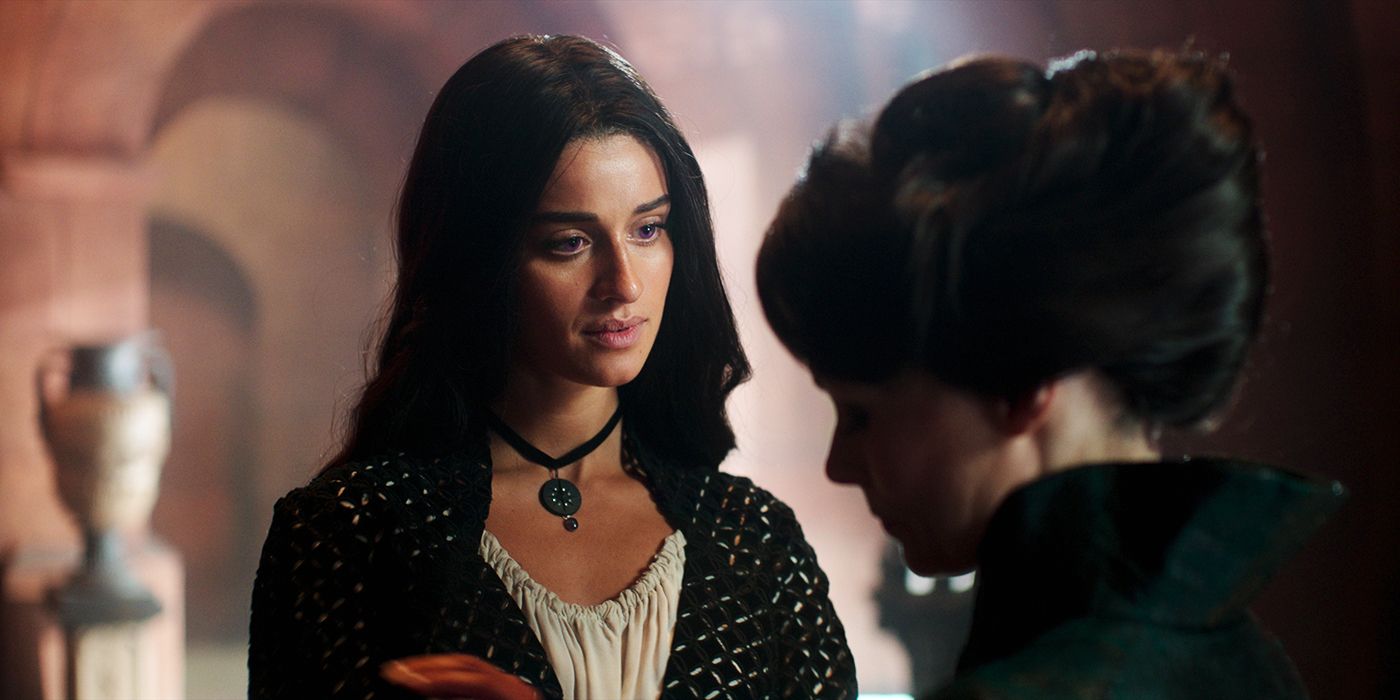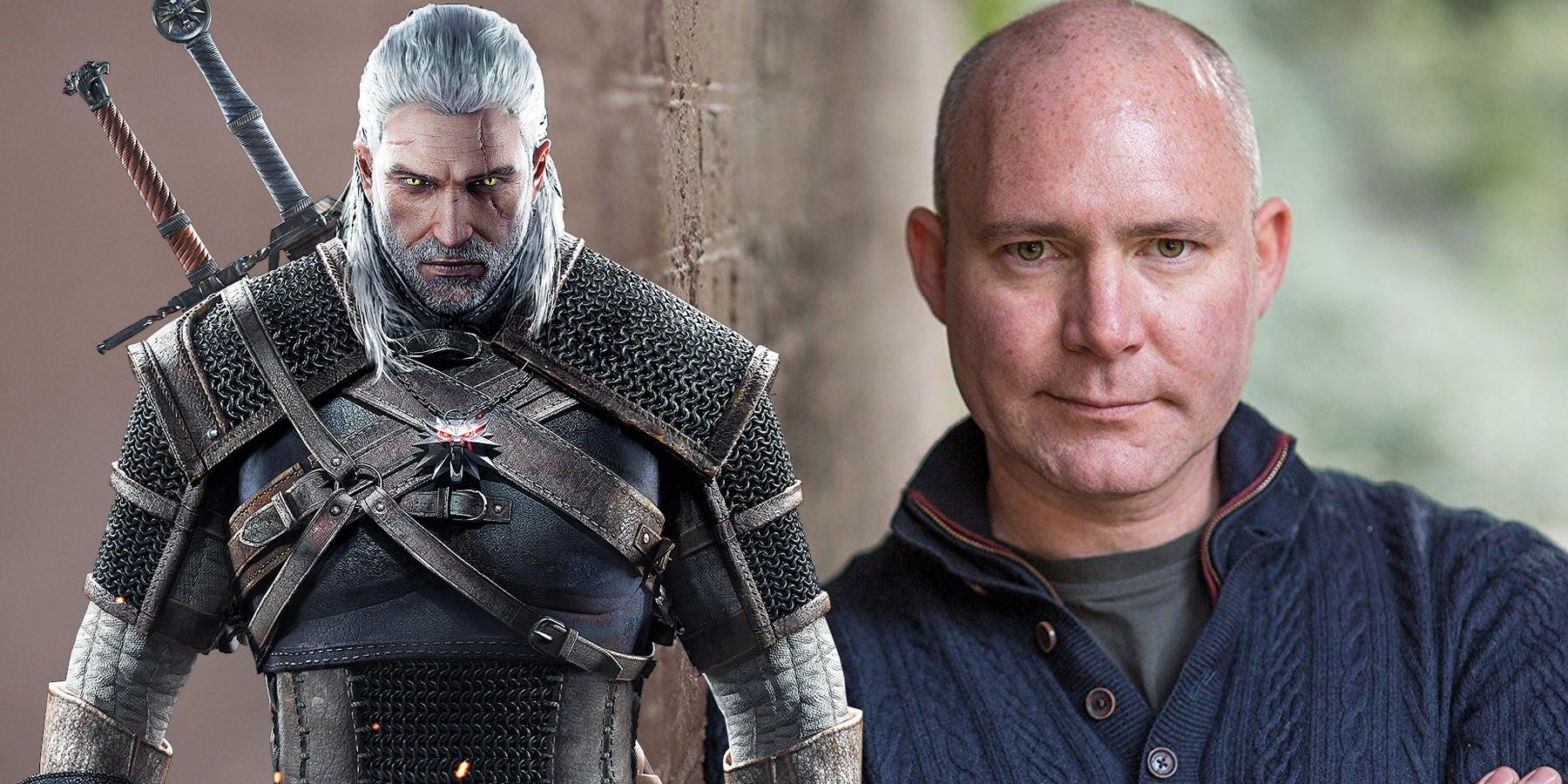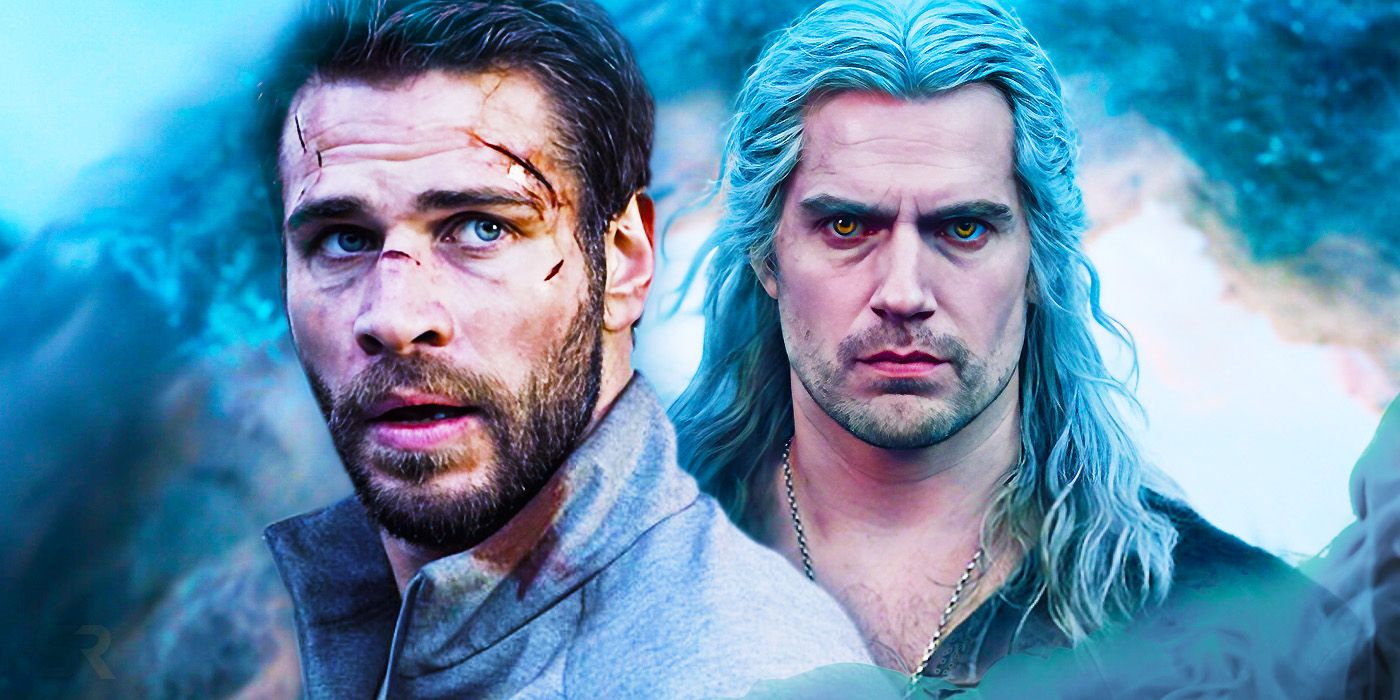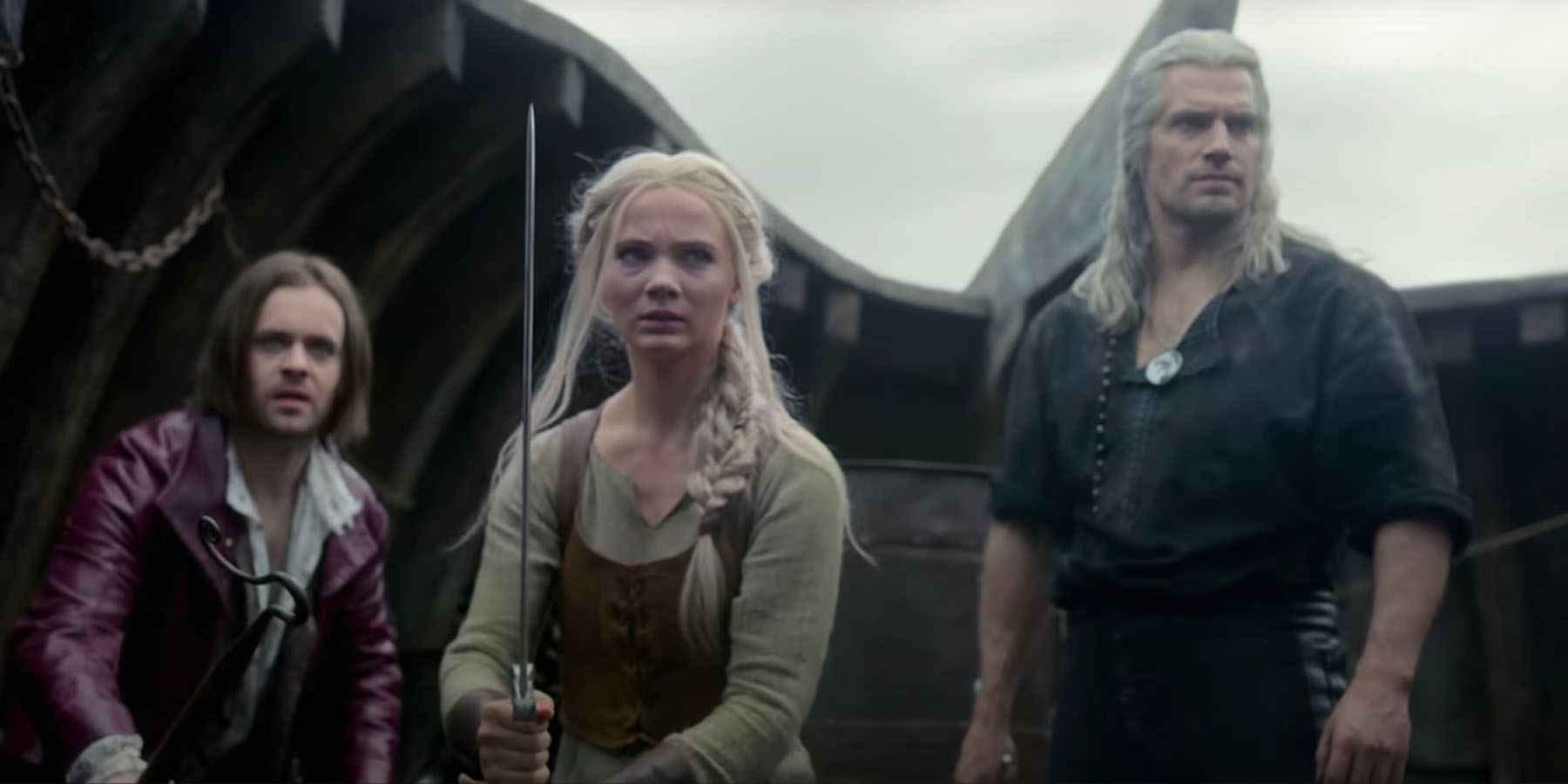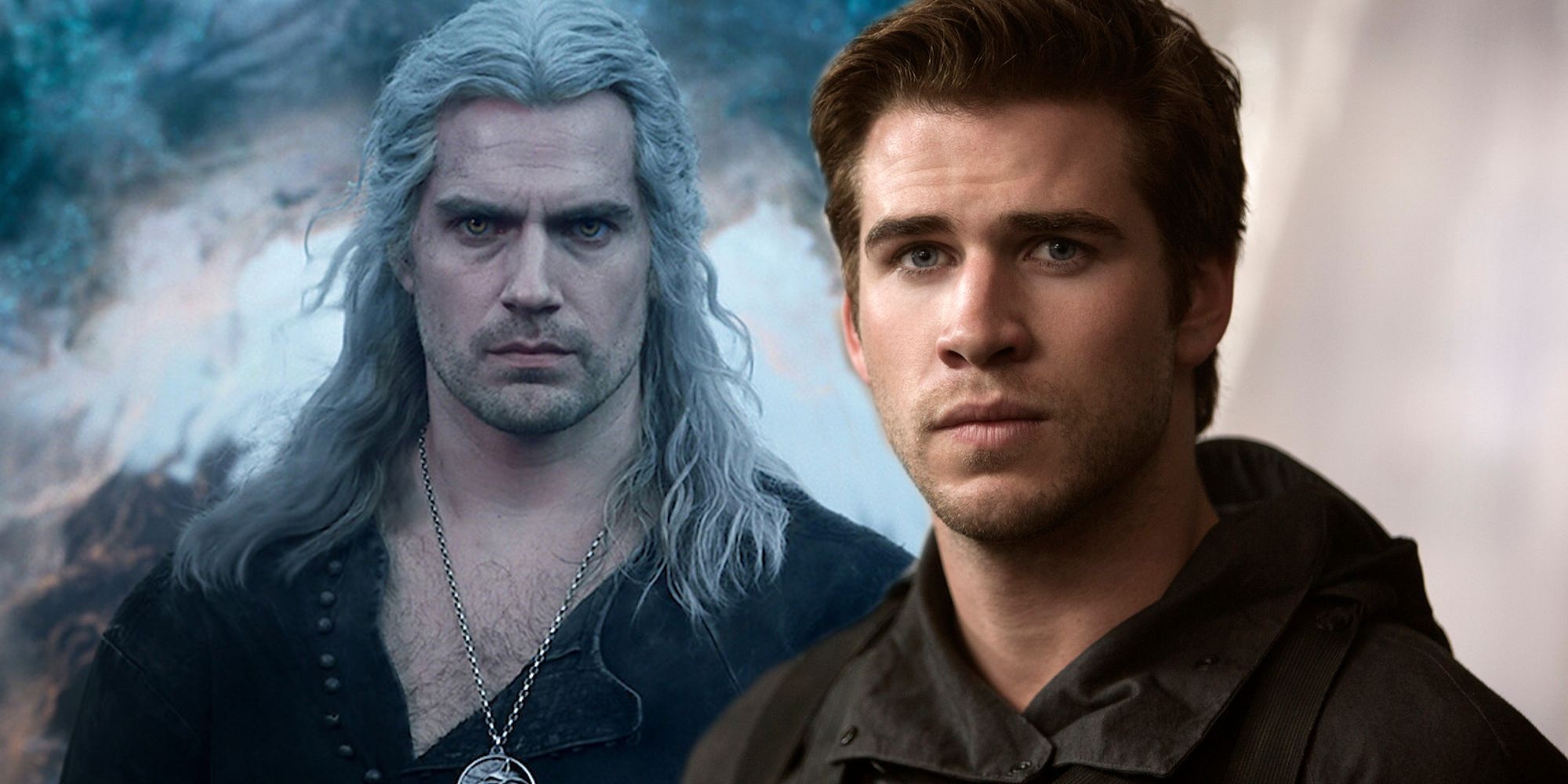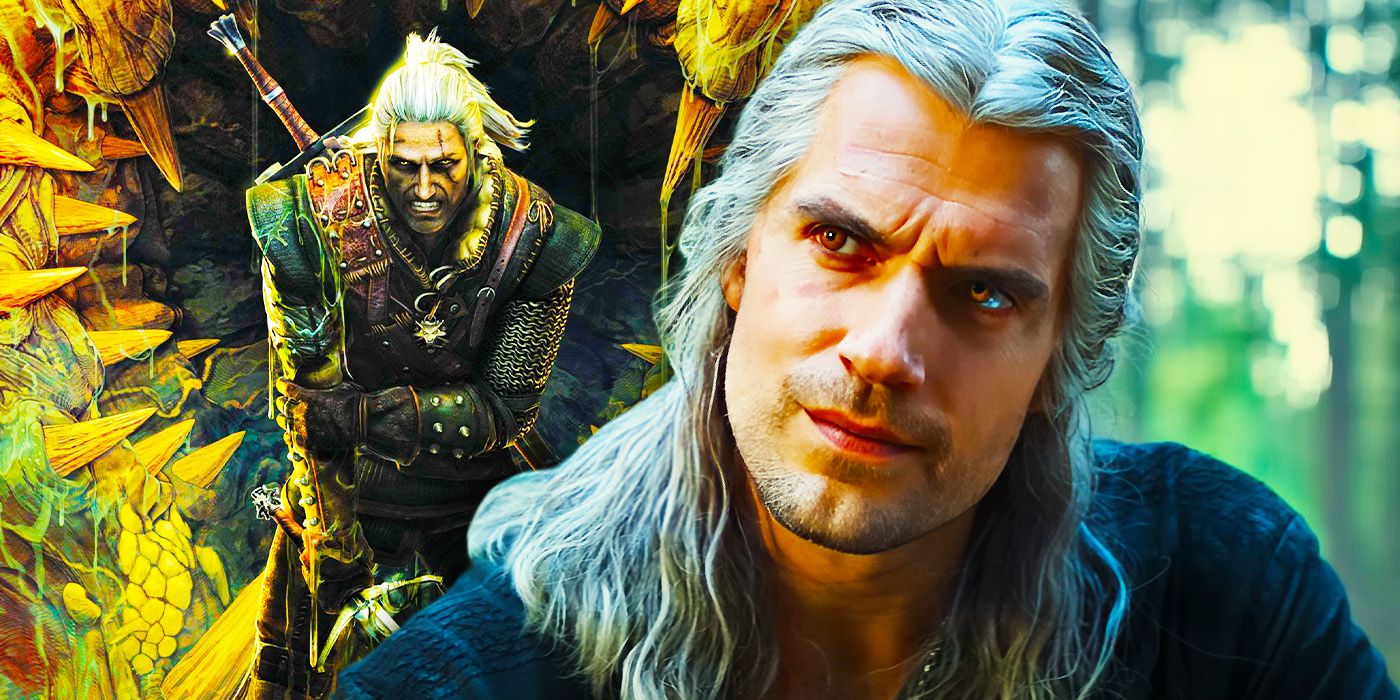
The Game-Changing Witcher Casting: Breaking Barriers of Diversity in These Worlds

Anya Chalotra's portrayal of Yennefer in The Witcher challenges unconscious bias in shows and movies, emphasizing the significance of diverse representation in predominantly white fictional worlds
Summary
The casting of Yennefer in The Witcher defies traditional beauty norms and fosters inclusivity by deviating from the predominantly white fantasy realms.By embracing inclusive casting choices, as seen in The Witcher, the entertainment industry is encouraged to move away from its preference for specific appearances and backgrounds.
The aim is for inclusive casting to become the standard in the entertainment industry, allowing for a diverse range of stories and talent to be showcased.
The casting director of The Witcher discusses the significance of selecting the right actor to portray Yennefer of Vengerberg. In the original source material for Netflix's The Witcher, Yennefer (played by Anya Chalotra) undergoes a transformation using magic. She uses her newfound beauty to gain favor among the higher classes and develops a closer relationship with the protagonist, Geralt. This relationship is vital in the TV adaptation, as the bond between Yennefer and Henry Cavill's Geralt continues to evolve in The Witcher season 3.
In an interview with Variety, casting director Sophie Holland discussed the importance of approaching the casting of Yennefer thoughtfully. In the Witcher books, Yennefer is described as the most beautiful woman in the world. Holland, who also worked on shows like You and Wednesday, explained her desire to challenge societal standards of beauty and addressed the lack of diversity in fantasy worlds. She emphasized the powerful impact of casting a woman of color in this role.
Why Shows & Movies Challenging Unconscious Bias Is So Important
When discussing diversity, the primary benefit often mentioned is the ability to make the audience feel acknowledged and represented. While this is certainly important, it overlooks a significant aspect, which is that actors, writers, and crew members from different backgrounds should also have the opportunity to compete for prominent roles and high-profile projects. Anya Chalotra's role in The Witcher exemplifies this.
By embracing more inclusive casting choices and approving a wider range of projects, it helps to establish the idea that Hollywood can move beyond its preference for lead characters who conform to a specific appearance or directors from a particular background. There is always room for further progress and a risk of regressing, but by adopting the inclusive approach showcased in The Witcher, it allows for the possibility that popular series and genres do not solely belong to a select few.
The goal is for inclusive casting decisions, such as those made by The Witcher, to become so common that they no longer grab attention or provoke debate. It will simply be the standard, perhaps more prevalent in certain narratives, but a practice that embraces the full range of stories and talent in the entertainment industry.
